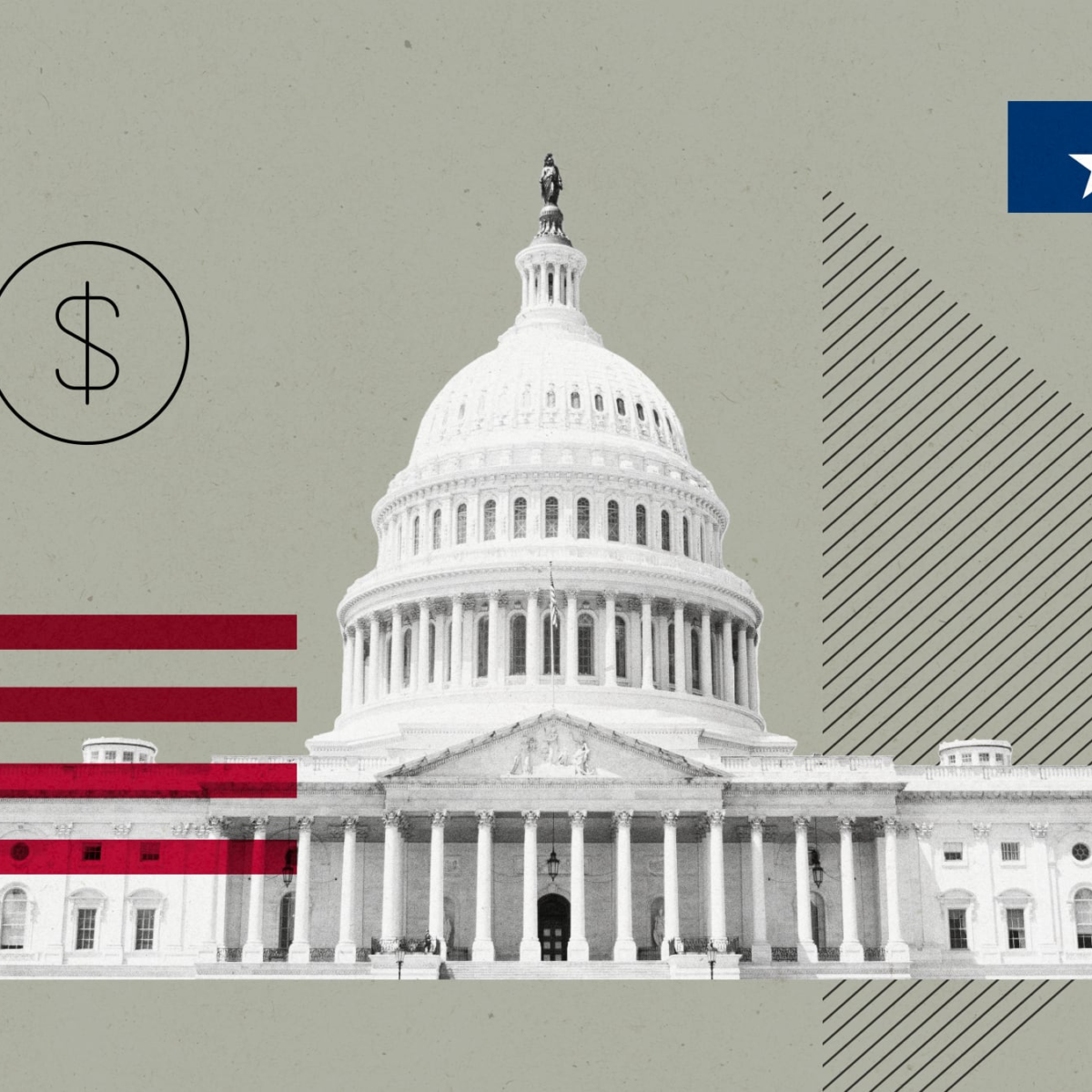As Congress moves forward with a new budget reconciliation package, known colloquially as the “Big Beautiful Bill,” corporations across the country are bracing for a wave of regulatory and tax policy changes that could significantly reshape their operations and profitability.
Reconciliation is a legislative process that allows certain budget-related bills to bypass the Senate filibuster and pass with a simple majority. Since this makes congressional approval more attainable, this process has emerged as a powerful tool for advancing fiscal policy priorities.
Historically, the reconciliation process has been used to advance sweeping tax and spending policy priorities. This bill is no exception as it includes several provisions that will likely have profound implications for banks, investment firms, insurance companies, and other financial services providers.
The bill passed the House on May 22, 2025, and is now being considered by the Senate. Here’s what investors should know about what’s in it and its potential impact on their portfolios.
What’s in the Reconciliation Bill?
The most closely watched elements of the House-passed version of the legislation cover:
- Deregulation: The bill includes several measures that would loosen regulatory oversight over corporations across a variety of industries. For example, this proposal includes reforms that would accelerate and expand permitting for fossil fuel projects, pipelines, and mining operations. It also includes reduced capital and liquidity requirements for banks, and would roll back investor protections by weakening the Consumer Financial Protection Bureau’s enforcement authority over digital finance products.
- Corporate tax rate: The House-passed version of the reconciliation bill includes an increased tax deduction for qualified business income under Section 199A. Specifically, the deduction is increased to 23% from 20%, ultimately lowering the effective tax rate on qualified business income to 28.49% from 29.6%.
- Elimination of clean energy credits: The bill calls for an accelerated phaseout of clean energy tax incentives established under the Inflation Reduction Act. It would end tax credits for wind, solar, and battery storage projects by 2028 and mandate that eligible projects commence construction within 60 days of the bill’s enactment.
- New deduction for business-development company investors: The bill allows investors in business-development companies to take advantage of a unique 23% tax deduction. Under this provision, investors in qualified business-development companies now receive a 23% tax deduction on certain dividend payments.
- Research and development incentives: The bill reinstates immediate expensing for research and development costs, reversing changes made in previous tax legislation. This provision is expected to significantly benefit technology companies, pharmaceutical firms, and other innovation-driven sectors by improving their cash flow and encouraging continued investment in R&D activities.
What the Reconciliation Bill Means for Investors
If passed, this bill will affect investors in a variety of ways.
On the positive side, the corporate tax cuts will increase aftertax profits for many companies, which will likely boost stock valuations in capital-intensive and domestic sectors (for example, industrials, manufacturing, and energy). The bill also proposes wholesale changes to the environmental permitting process that will make permit acquisition easier for critical energy and mineral projects, ultimately providing a boost to these sectors.
Moreover, loosening liquidity requirements on banks will create more capital flexibility that could drive increased merger and acquisition activity, boosting valuations in the financials sector. The capital gains indexation could also spark increased trading activity as investors feel more comfortable realizing gains, potentially boosting market liquidity and transaction volumes.
Additionally, the new 23% deduction on business-development company dividends will boost aftertax returns for existing investors while making these income-generating funds more attractive to new capital.
That said, several notable provisions present significant risks for investors.
The Consumer Financial Protection Bureau is a key source of data and analysis of the consumer markets, and the proposed cuts to the CFPB would considerably reduce the quantity and quality of financial information that investors can access.
The elimination of clean energy credits will also significantly impact businesses relying on these credits. In turn, this change will affect investors, particularly those with portfolios focused on climate, sustainable infrastructure, and energy transition.
Moreover, institutional investors will likely reallocate away from environmental, social, and governance strategies as they become even more politically vulnerable, which will have a cascading effect for investors involved in ESG funds.
Where Does the Reconciliation Bill Go From Here?
With slim margins in the Senate and competing priorities within the Democratic caucus, the reconciliation bill’s final contours remain uncertain. However, investors and the financial-services industry writ large are preparing for a range of scenarios, from modest tax adjustments to sweeping regulatory mandates.
Legislative experts suggest that the bill’s timeline could extend into late summer, with potential amendments and modifications expected as it moves through the Senate. Key swing votes in both chambers will likely demand additional provisions or modifications, potentially altering the bill’s final impact on various sectors and investment strategies.
As the process unfolds, stakeholders across Wall Street and Main Street are watching closely, knowing that the decisions made in the coming weeks could reverberate through balance sheets, investment portfolios, and client strategies for years to come.





